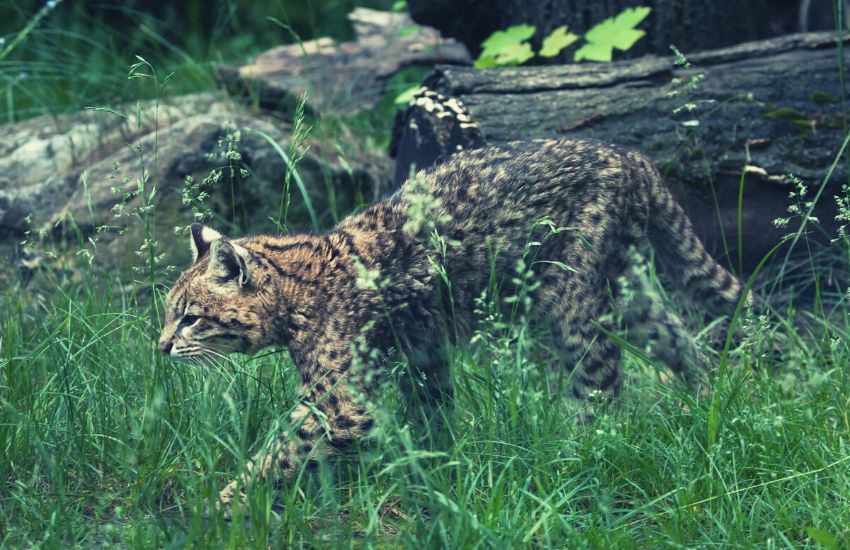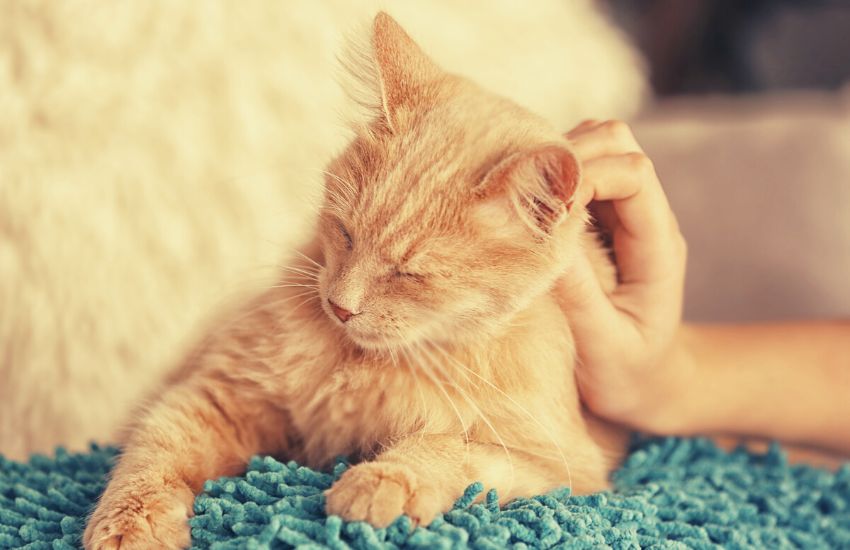shelter pets in need
Each order helps pets in need

Many cats have been domesticated for thousands of years; over that time, they have developed a reputation as solitary creatures. But is that really the case? Are cats social animals, or do they prefer to be alone? To answer this question, looking at how pet cats behave after domestication is essential.
Through studying their behavior, cat owners can understand whether cats are social animals or are content with spending most of their days alone. In this article, we'll examine the various behaviors of cats after domestication and explore whether they are social creatures.
Have you ever wondered why some cats are solitary and aloof, even after centuries of domestication? Despite being elevated to a place of importance in our homes and hearts, cats remain largely mysterious—and their behavior is no exception.
Cats were first domesticated around 10,000 to 12,000 years ago in the Fertile Crescent region of the Middle East. This began what scientists call "self-domestication," where cats chose to live around humans because of the abundance of food. Over time, this led to physical changes like smaller heads and limbs and more behavior like purring, rubbing against people, and enjoying being petted.
At the same time cats became domesticated, their prey instinct shifted from hunting large animals like rabbits and hares (which would have been scarce in towns) to focusing instead on small rodents like mice and rats (which were easier to come by). This adaptation resulted in cats becoming both hunt-focused and independent—a combination that lends itself perfectly to their tendency for solitary behavior today.

Cats have long been considered solitary creatures, but is this true? It depends.
Wild cats and domesticated cats have different social behaviors. Feral cats are typically solitary animals that live in small groups with a dominant male. These social systems are based on hierarchy and territorial behavior.
Domesticated cats, on the other hand, can be very social creatures. They may form close bonds with their humans or even with other cats within the household. Domestic cats may also be quite vocal when communicating with each other, using meows and purrs to show affection or to express their needs.
There have even been instances where cats where shown to form social bonds with prey creatures, such as the one seen in this amazing video.
Cats tend to establish dominance hierarchies amongst themselves, which can lead to aggressive behavior if there is competition for resources such as food and toys. Therefore, it is crucial to monitor their interactions closely to prevent any conflict from escalating into physical fights.
Furthermore, domestic cats often seek human companionship and playtime with their owners—something wild cats don't have the luxury of doing!
Overall, it's clear that the cat's personality change drastically after domestication. While wild cats are generally solitary animals, domesticated cats appear to have an inclination for socialization and companionship—making them much more personable pets!
Do cats need stimulation, just like we do? Well, it depends. Studies have found that cats who spend time outdoors are more social and interactive than those who don't. For example, a study from Tufts University showed that cats who had access to the outdoors expressed less fear and anxiety than those kept indoors exclusively.
There are several reasons why outdoor activity and stimulation make a difference in cat behavior:
Increased physical activity helps cats stay fit and healthy, both mentally and physically.
Providing new sights, smells, and sounds strengthens cats' learning abilities.
Cats feel safer when they can control their environment by moving away from potential threats or confronting them if necessary.
Outdoors provide limitless opportunities for exploration and potential new friends - including other groups of cats with similar interests!
Opportunities to express natural hunting behaviors like stalking and chasing can help lower stress levels in cats who become bored with indoor playtime alone (make sure they are supervised outdoors!).
Allowing your cat access to the outdoors under supervision may encourage them to exhibit more positive cat behaviors as they become more comfortable engaging with their environment, humans, and other animals—establishing a stronger bond between you and your furry friend!
Do you remember that adage about cats being aloof? That may have been true before domestication, but cats are much more social now – and their early development has a lot to do with it.
Cats, like other animals, go through stages of development before they reach full maturity. For cats, this period starts at birth and goes up to five months of age. During this time, cats can be easily exposed to different environments and develop social behaviors that will stick with them as adults.
So what kind of behaviors can cats learn during this early stage? In short: a lot! For instance, some research has shown that kittens can learn to recognize specific people or objects in an environment and differentiate between different animals and humans. Cats are even able to remember certain sounds associated with rewards and punishments.
By reaching adulthood, cats have developed social interaction skills based on exposure during their early development period. This shows how important it is for kittens to interact positively with their human companions as soon as possible to become socialized adults later on.

Cats are often considered independent and aloof animals who prefer to be alone. However, depending on their temperaments, cats can be social animals with humans. With the right approach, cats can develop strong bonds with their owners and enjoy interacting with them.
Yes, cats often have a favorite person in the family. This person usually feeds them, spends the most time with them, and gives them lots of attention. A cat's favorite person may also be the one who plays with them the most or scratches them behind their ears. Cats can become very attached to their favorite person, often following them around and sitting on their lap.
Life experience is crucial in determining the bond between cats and humans. Cats can develop a trusting relationship with their owners through positive experiences, like being petted, fed treats, and given affection. This trust is strengthened through proactive interaction, such as playing with toys or walking together. The more time spent together, the stronger the bond will become.
The sociability of cats is influenced by many other factors, such as their environment, genetics, physical health, age, and personality. According to a study by Kristyn Vitale of Oregon State University, population also influences cat behavior. For instance, shelter cats or cats raised in a noisy and crowded environment may become more social than those living in a quiet home. Similarly, some cats may have inherited a more outgoing personality from their parents, which can lead to them being more social.
Wear one of our cat-lover shirts to show your love for your purr-fect feline friend!
Your Animal Hearted purchase saves lives! 25% of all proceeds are donated to no-kill animal shelters!
Leave a comment